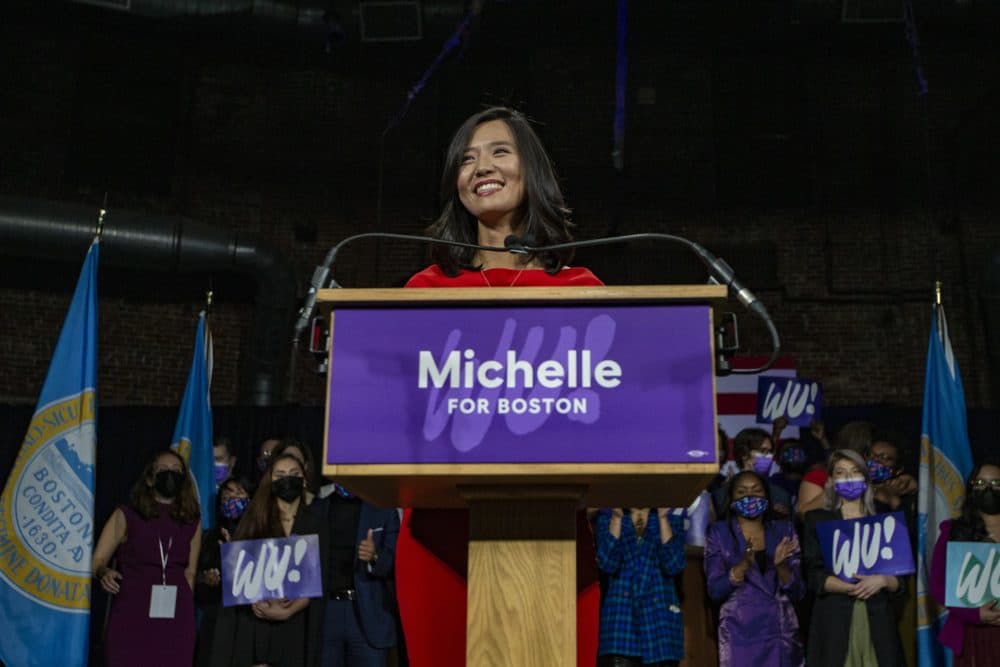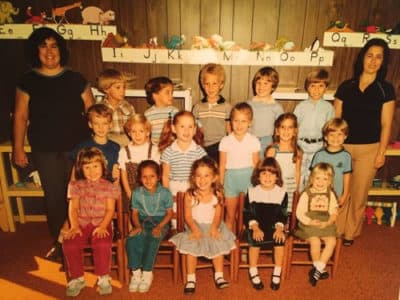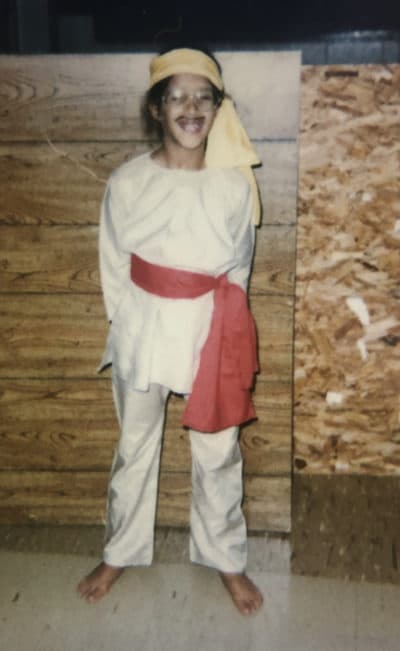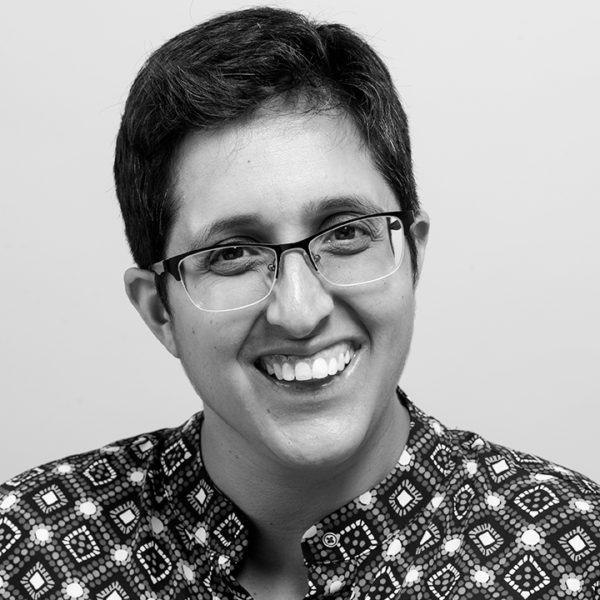Advertisement
Commentary
Unlearning the 'rules' about what a leader looks like

This week marks the end of Boston’s historic mayoral election. It also marks the start of the Hindu festival of Diwali — two seemingly unrelated events that have always been connected in my mind.
When I was a kid growing up in West Virginia in the early 1980s, there was a young man named Paul Saluja who would take the mic each year at Diwali and encourage our small Indian community to get involved with local government. To talk with politicians. To work on campaigns. To run for office, even. Paul would speak with passion and conviction, but no one seemed to be listening: the aunties kept having their side conversations; the uncles shook their heads and grumbled; the kids kept running laps in the hallways of the high school where our Diwali dinner was held. The unspoken message drowning Paul out was clear: electoral politics wasn’t a realm for people like us.
We were supposed to work hard, get educated, contribute to our communities, but we were not supposed to be seen, or be heard, or be advocating for the needs of people like us. Proximity to whiteness was supposed to be the key to our success. Proximity to whiteness required obedience and compliance and making ourselves small — not resistance and visibility and demanding to be heard. In too many cases, we left the work of advancing justice in America to Black people, neither understanding our complicity in systems of oppression, nor that we were not immune to oppression, either. The very construction of the model minority stereotype has division as its purpose — if we can’t see our shared oppression, then we can’t fight together to end it. And the power status quo is maintained.
This unspoken message of maintaining invisibility impacted Asian-American political participation, not just in my southern West Virginia, but throughout the country. For much of my life, Asian-American voter turnout has lagged behind that of other communities. The 2020 election, which came amid a massive spike in anti-Asian violence, marked a high point in Asian-American electoral engagement, with 60% of eligible voters going to the polls.

Even the aunties and uncles have come to realize that keeping our heads down won’t keep us safe. The accumulation of death over decades -- of Vincent Chin and Balbir Singh Sodhi and Srinivas Kuchibhotla, the shootings at Oak Creek, the Indianapolis FedEx facility, and the Atlanta spas, and beatings of grandmas on the streets of New York and San Francisco -- has shown us this so clearly.
When I moved to Boston in the early 2000s, I carried everything I’d learned about politics with me — about who has power, and who doesn’t. I surmised that the messages in this city seemed to be much the same of what I observed at home.
Since 1822, when Boston transitioned from being a town to a city, every elected mayor has been a white man. Meanwhile, demographically, the city was increasingly populated by folks like me: immigrants and their children, Black and brown people. Yet city government remained largely white. I used to joke that if I wanted to run for mayor, I’d need to change my name to Norma, only use my first name on campaign signs and make sure no one saw me until I got elected.
Over the years, Boston elected a handful of Black and Latinx male city council candidates. Leaders like Bruce Bolling, Felix D. Arroyo, Chuck Turner, Charles Yancey, Tito Jackson, and Felix G. Arroyo took us a step closer to governance that reflected our city’s population, but it took us a full 106 years to elect Ayanna Pressley as our first Black woman councilor.
It took nearly as long for us to elect our first Asian-American councilor, Sam Yoon. We didn’t get a second Asian-American on the council until 2013, when Michelle Wu was elected, and Boston didn’t see a Latinx woman on the City Council until 2019, with Julia Mejia’s election. That was the same year we finally reached a majority on the council that reflects the majority in our city.
While some of us have been told we don’t belong in government, others have gotten the message that they absolutely do.
What’s more, it has taken until 2021 for our city to elect both a woman, and a person of color, to the highest seat of power. It wasn’t just my Desi peers and I learning the rules of politics at Diwali every year. We are all learning them, always.
While some of us have been told we don’t belong in government, others have gotten the message that they absolutely do. Unlearning the messages we’ve all been taught about what a leader looks like, who should be in government, who belongs and who does not, is taking us a very, very long time.

Boston’s municipal election campaigns have not been easy to watch. It has included ugly, dog-whistle racism campaign strategies like skin darkening and evoking the perpetual foreigner stereotype, implying that a candidate who is not "from here" is less qualified to lead. It has raised big questions about voter engagement and participation. And it has left some voters and organizers feeling like Boston’s continued struggles with racism are evident in our unwillingness to elect a Black candidate to lead our city, particularly in an election where there were three Black candidates to choose from. There have been multiple times over the past few months when I wished we could just fast-forward through the painful parts, through the battle between an old Boston that is slowly losing its chokehold on the seat of power, and a new Boston that is learning how to build coalitions and collective power.
But finally, we are here. Election Day has come and gone. Our city has broken its elected 199-year white, male mayor streak.
While there is much work to do, many more conversations to be had about race and representation in electoral politics in our city, today I am thinking back to my child self. To the kid who stayed in the auditorium to listen to Paul Saluja, instead of running in the hallways, or chatting with the aunties, or grumbling with the uncles.
I am thinking about the fact that our next mayor was probably listening to someone like Paul in her community. Someone who told her that keeping our heads down wouldn’t keep us safe and successful. But that standing up, speaking up, and fighting to build equitable communities for all Bostonians, would ultimately yield our collective well-being.
I am thankful to all of the Pauls who came before us. And I am thankful that for the young people who come after us — the Asian-American youth, the children of immigrants, the young people who are told they have no place in politics — a new model has emerged.
They’ll see not only the Paul Salujas, who articulate the possibility of electoral power, but the Michelle Wus who make the possibility real.
